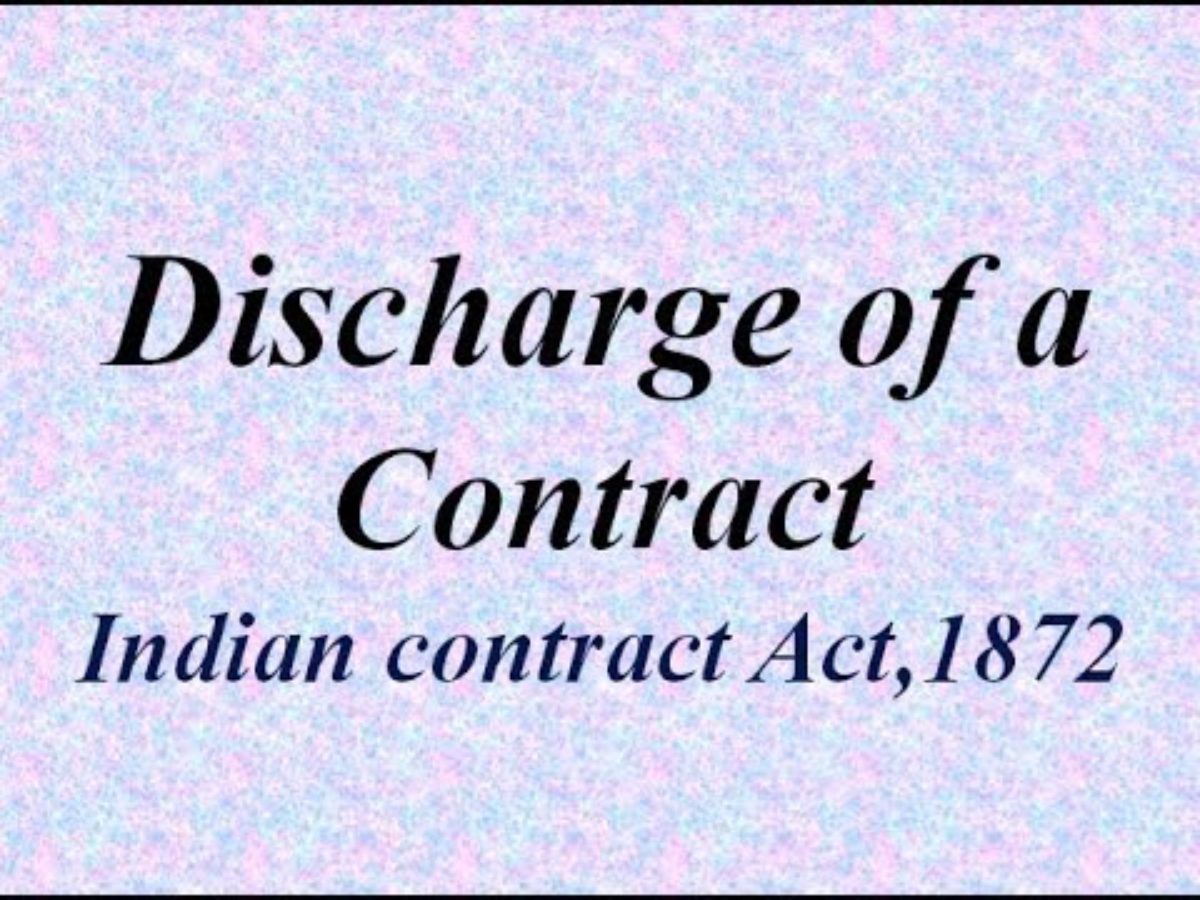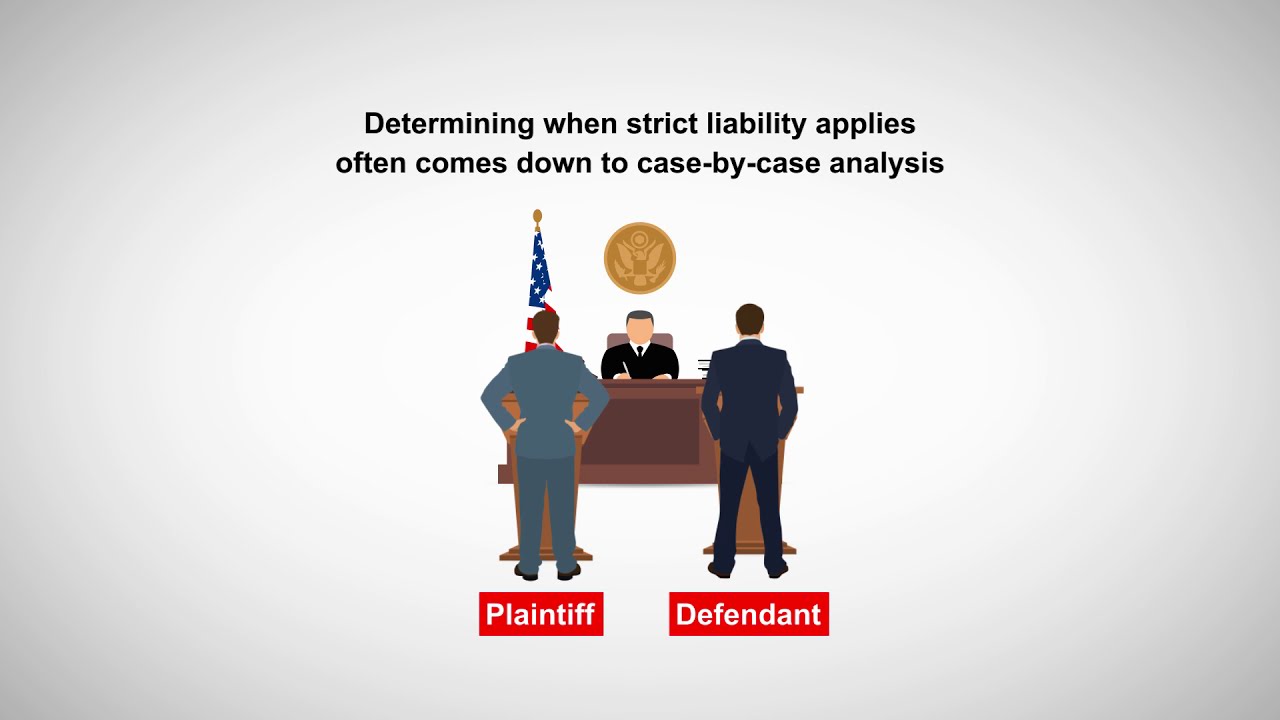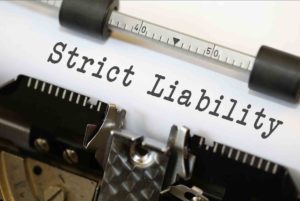[toFc] Hochster v. De La Tour Facts In this case, the defendant concluded an agreement with the plaintiff to act as a courier and to travel with them to Europe but before the commencement of the contract, the defendant informed the plaintiff that they are withdrawing the agreement and they doesn’t need his services anymore.… Continue reading Discharge Of Contract : Landmark Judgements & Case Laws analysis
Month: August 2022
Applicability of Rule of Strict Liability in India & Case Laws
History and Meaning of the Rule of ‘Strict Liability’ There are circumstances when a person may be held accountable for injury even if he was not negligent in creating it, or even if he had no intention of doing so, or even if he made some proactive attempts to avoid it. In other words, the… Continue reading Applicability of Rule of Strict Liability in India & Case Laws
Rule of ‘Absolute Liability’ : Analysis, Landmark Judgements & FAQs
Introduction The case of Rylands v Fletcher laid down the rule of strict liability for the non-natural use of land. Similarly, the Rule of Absolute Liability was devised for hazardous and inherently dangerous industries to make them accountable for their devastating effect on the people and environment. The Supreme Court heard M.C. Mehta v. Union… Continue reading Rule of ‘Absolute Liability’ : Analysis, Landmark Judgements & FAQs
Negligence under Torts Law : Landmark Judgements & Case Laws analysis
Donogue v Stevenson [1932] A.C. 562. Facts of the Case Mrs Donoghue’s acquaintance bought her a ginger beer from Paisley’s Wellmeadow Café on August 26, 1928. She only drank approximately half of the bottle, which was made of black opaque glass, before pouring the rest into a tumbler. The decomposing remnants of a snail floated… Continue reading Negligence under Torts Law : Landmark Judgements & Case Laws analysis
Rule of Strict Liability in Torts Law : Landmark Judgements & Case Laws Analysis
Ryland v Fletcher (1868) L.R. 3 H.L. 330 Brief Facts of the Case Rylands commissioned contractors to build a reservoir on his land in 1860, with the intention of supplying water to the Ainsworth Mill. Rylands did not participate in the construction process, instead of contracting it out to a qualified engineer. During construction, the… Continue reading Rule of Strict Liability in Torts Law : Landmark Judgements & Case Laws Analysis




